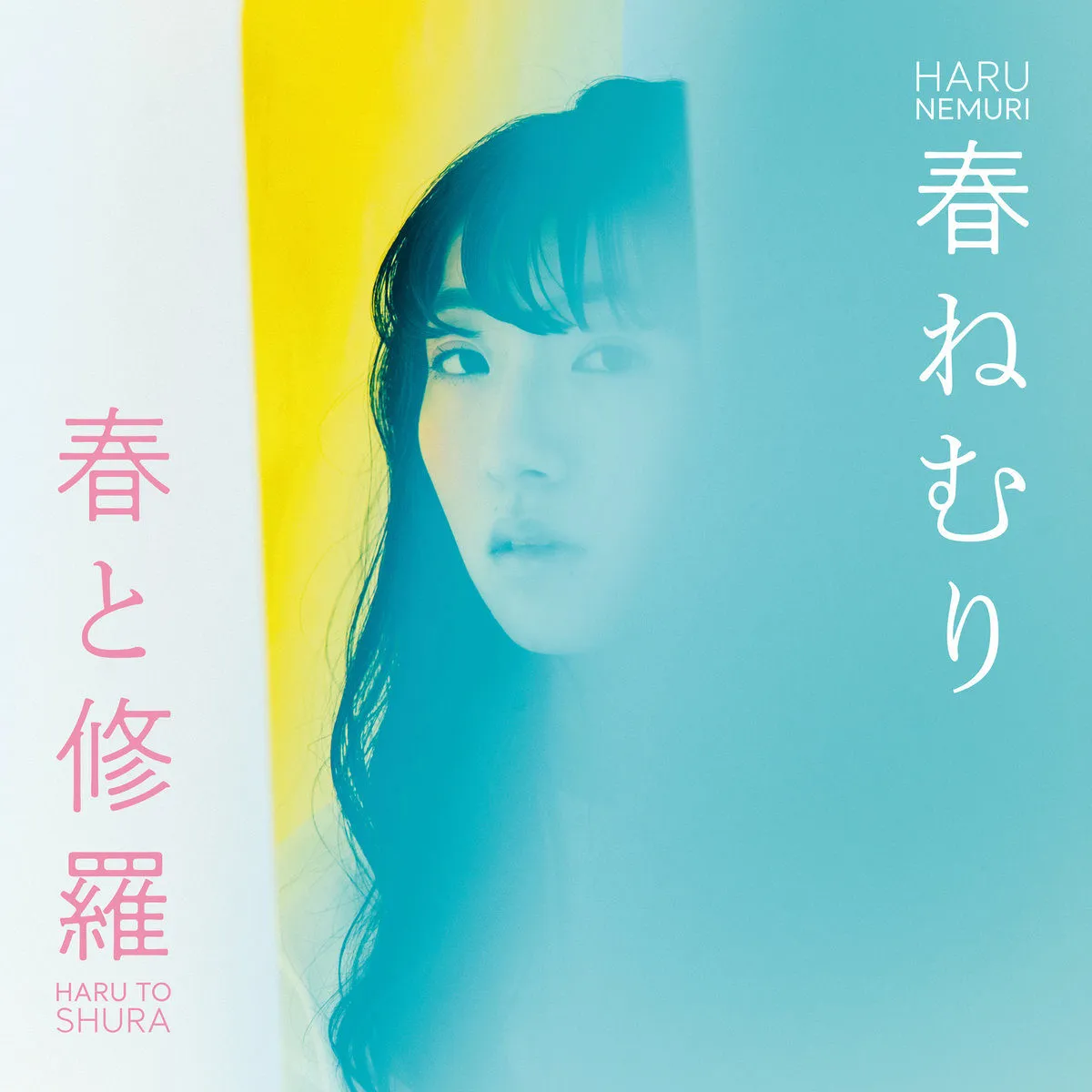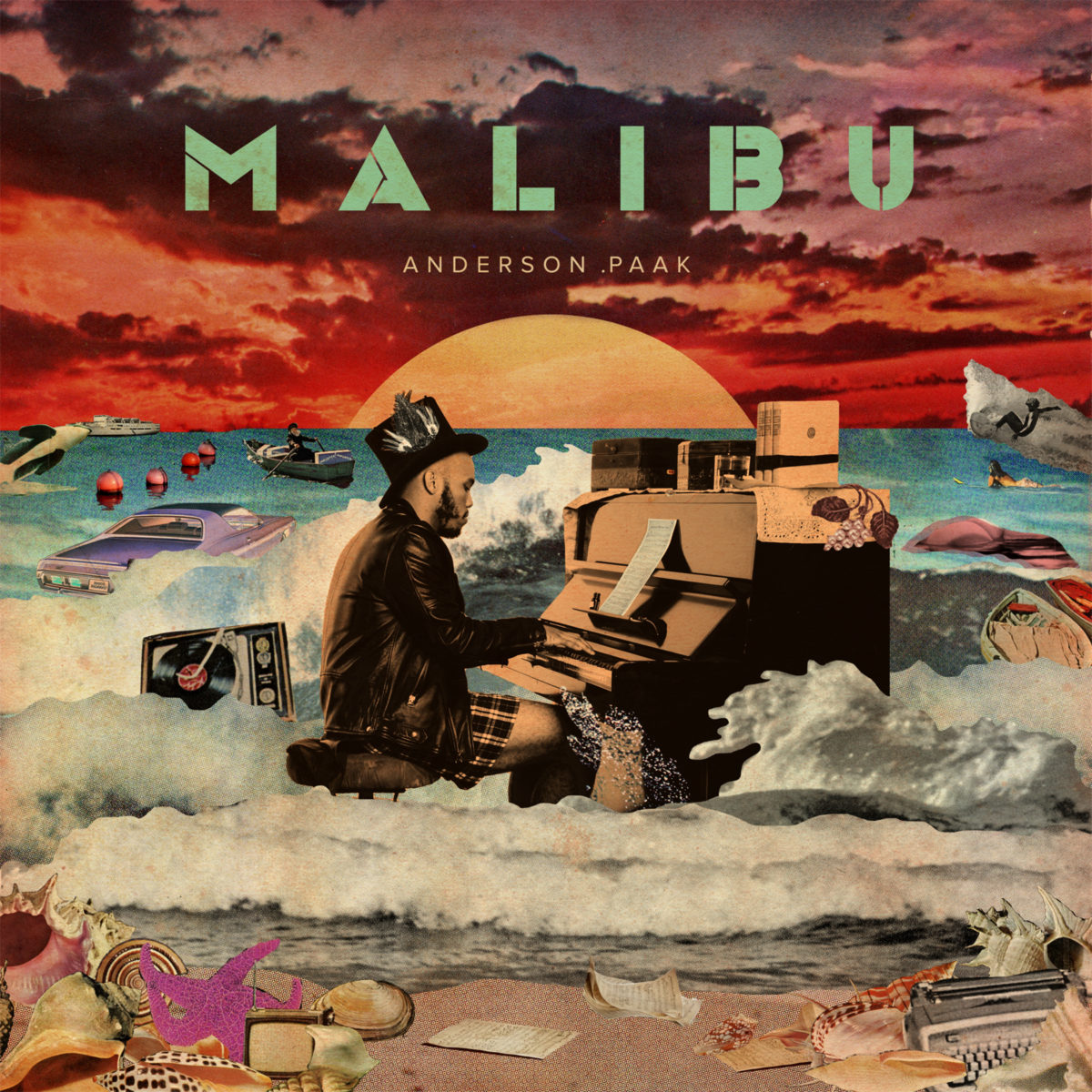To celebrate Asian American and Pacific Islander Heritage Month, I am going to discuss my list of my 10 favorite albums from Asian and Asian American musicians since 2010. The methodology for constructing this list? Hours of arbitrary sifting through large catalogs of albums, some amount of piecemeal research, lots of listening to albums and much debate.
My criteria for placing each album discussed here rely on my assessments of cultural influence, cultural significance and aesthetic value, all in varying degrees. I have made many rather radical inclusions on the list; I hope these help foster diverse taste and consideration of music scenes in oft-ignored countries in, for example, Southeast and South Asia — who can name any Malaysian, any Singaporean, any Cambodian rock bands? I didn’t know much about contemporary music of these regions, and I ended up relying greatly on Internet board sentiments, Bandcamp articles and seeing whatever music has made it to the West from these regions. At the end of the day, it’s difficult to find hidden jewels in rare CDs from small bands that the music industry struggles to market to Western audiences.
Unfortunately, distribution of music outside of these countries is difficult to achieve for numerous reasons; furthermore, systemic forces of erasure of Southeast Asians in the US (such as police and prison systems that incarcerate and deport Cambodian refugees en masse) have left these demographics sometimes struggling to find promised wealth and prosperity, and exclusion from the music industry is part of the whole package. It’s no surprise that most of the music from Asia reaching Westerners is Japanese, Korean or Chinese in origin, and it is unfortunately out of my purview to try to reverse these issues in time to write this article.
But what I can do is be honest about what music has moved me and proved to be culturally meaningful throughout my searches. I think the results may surprise you, and that’s a great thing. The more music from Asian artists that reaches people anywhere in the globe, the better.
Before we proceed, I want to note that I had extreme difficulty finding albums from Pacific Islanders that have reached any audience at all within the West. This sounds preposterous, but I challenge you to Google your way to finding any albums of music from Micronesia, Polynesia or Melanesia, the notable exceptions, of course, being the work of Israel “IZ” Kamakawiwo’ole (of “Over the Rainbow” fame) and the musical output of Bruno Mars (who was born in Hawaii and is of Pilipinx descent). I was unable to include any “PI” albums in this list, which is a significant omission in terms of representing an important and continually ignored culture. I admit this, but also note that such issues may, also, be out of my purview to address.
Here are 10 honorable mentions for the list, alphabetically according to artist name (along with a short descriptive tag):
“Sinestesia” (2015) by Efek Rumah Kaca (Indonesian jazz-inspired “art rock” band, great musicianship, joyful to listen to as a fan of rock music)
“Time ’n’ Place” (2018) by Kero Kero Bonito (acclaimed indie pop band fronted by Sarah Midori “Sarah Bonito” Perry, of Japanese and British descent)
“Travel” (2014) by Jun Konagaya (Japanese Bandcamp-found surreal, ominous, borderline-ambient “post-industrial” artist, equating to experimental electronic songs that significantly utilize noise)
“Max & Match” (2017) by LOONA ODD EYE CIRCLE (a clear favorite and significant K-pop album for me, who doesn’t know much about K-pop, so take that as you will…)
“Persona5” (2016) by Shoji Meguro (the most interesting and tasteful video game OST I’ve ever heard, goddammit)
“Fetch” (2013) by Melt Banana (Japanese band that, damn, they just don’t ever stop, they just keep laying down punk lines and playing the shit out of them for like an hour…)
“Inside the Cable Temple” (2020) by Omnipotent Youth Society (Chinese “art rock” band, generally drawing from progressive rock bands like Pink Floyd and Yes, but also drawing from jazz and traditional Chinese folk music)
“T H E” (2018) by Tricot (Japanese indie math rock band full of great energy and talent and garnering small following in the West; significant influence on rock music evident in contemporary American math rock band landscape)
“Voices” (2016) by Wormrot (Singaporean grindcore album, melodically complex and full of rage, noise, rhythm and screaming — so much screaming — this is sure to please anyone who likes metal at all)
“Yayayi” (2013) by Yayayi (Evan Yi, elusive East Asian experimental electronic music, producing and beatmaking; this album in particular is a tour de force of extreme experimental sounds and composition)

#10: “Haru to Shura” (2019) by Haru Nemuri
I tend to think that there’s some cultural dismissal of Japanese popular music existing in America today. For many people, the only face they can connect to such popular music might be Hatsune Miku: the character representation of a voice synth used, in conjunction with holograms and other visual aids, to create wildly catchy and popular songs. But it’s an infantilizing image, and somewhat puerile, for most people; the skepticism also stretches, somewhat reasonably, with images of Japanese “weeaboo” obsessives and other orientalists of that type.
Let me assure you, however, that Japanese popular music is full of innovation, joy and sharp talent. Any music scene is, whether we know it or not. The talent just doesn’t make it to our ears from this vantage point.
So I bring you what amounts to a very spirited rock album created by the Japanese singer-songwriter Haru Nemuri. Rock-based melodies and compositions, incredible distortion on the guitars, wild vocal performance with characteristically J-pop melodies alongside particularly rock-y chants and certain sensibilities lifted from contemporary J-rock. I almost feel anxious listening to this album, with so much exciting, bubbling energy emerging, this tension between hopefulness, anthems and grandeur.
I promise you this is exactly as I describe it. What does Haru Nemuri sing about? Good question; it’s difficult to find comprehensive English translations of her lyrics, so it’s a mystery to me. The song titles, consulting Bandcamp for the English titles, seem to jive with the energy I described earlier: “Let’s Dream” and “Rock’n’roll Never Dies.”
To wit: I have never heard music quite like this combination, and I’m blown away by the depths of this album’s clever, zany-edged, intense brilliance.

9: “Malibu” (2016) by Anderson .Paak
I’ve been following a few music scenes pretty closely ever since 2016, and I remember when “Malibu” dropped. Thinking about all the time that has passed since its release, I don’t think I’ve heard anyone since then who killed the game like Anderson .Paak did on this record. Except for maybe Kendrick. But I mean, he’s got the best goddamn teeth in the game. He plays the drums AND he raps. He’s a quarter Korean. And he’s killing it. You better watch out. This is a lethal album.
It’s always the tick of time, the clock on the hi-hat, the pace of our hearts in the kick drum of the beat, that percussive quality that we’re yearning for in our hearts. Hearing one of the most remarkable singular efforts in the soul/R&B/hip-hop mixture of the past decade satisfies this yearning instantly. It’s that heartwarming quality to these songs that makes .Paak’s lyrics compelling, ones about heartbreak and loneliness, ones that we need to hear over and over again, ones that actually never need to end — consider the repetitive chanting on “Put Me Thru,” the relentless energy of “Come Down” — these are eternal songs that know their own weight. There aren’t any duds in this project. You can’t go wrong with any track. My secret track crush on this album? “Lite Weight.” That’s my hot take.
But the groove — the laid-back in-the-pocket performance — exudes the energy of California, the state so important to .Paak’s upbringing. His half-Korean mother raised him in Oxnard, and it’s the samples of surf movies and videos that makes you think you’re smelling the Pacific Ocean, and Ventura County is that much closer in your mind. Even if you’ve never been to a beach, you know the taste in your mouth from the salty breeze, you know everything, just like we all knew that a part-Korean, part-Black rapper would come up at some point. The crew — Knxwledge, Bruno Mars, Dumbfoundead, Rapsody, Kaytranada — they’ve all got his back. He’s the king, and he deserves to be on this list.
